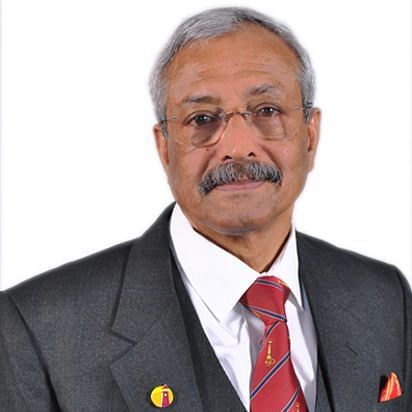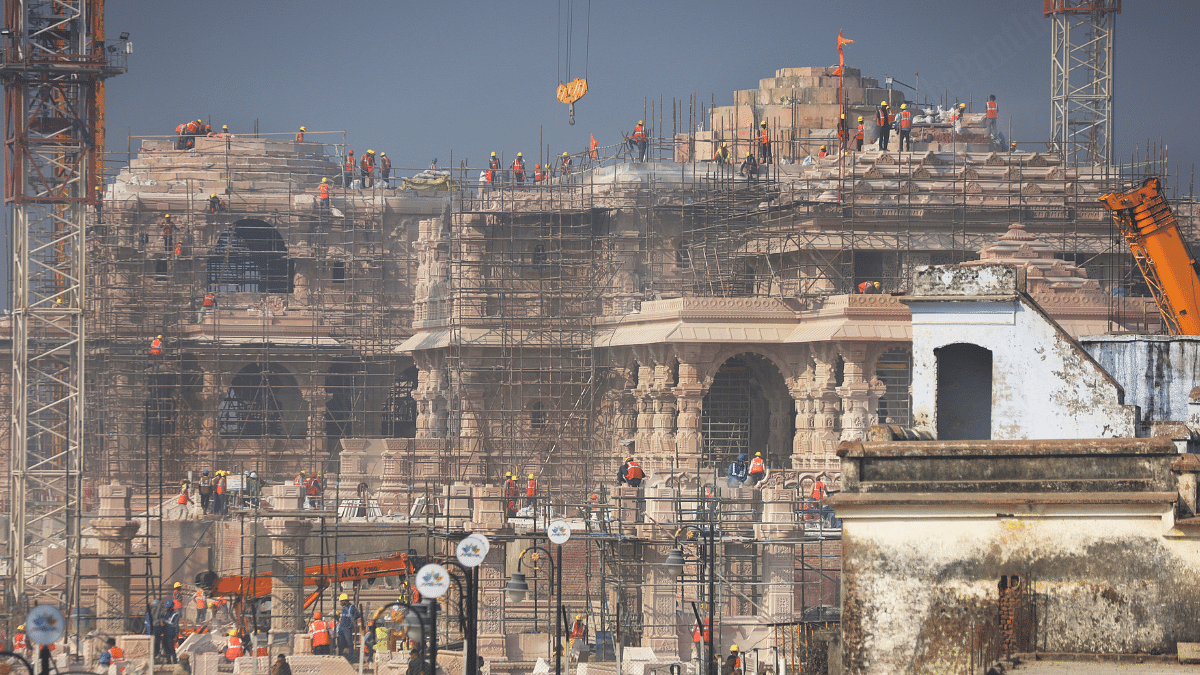Officials of senior ranks should not wear military heritage on their sleeves while navigating the rough and tumble of politics.

LT GENERAL PRAKASH MENON19 December, 2023

Text Size: A- A+
The Shri Ram Janmabhoomi Teerth Kshetra is supposedly inviting about 8,000 people for the Ram Mandir opening ceremony on 22 January 2024. From Prime Minister Narendra Modi to Reliance chairman Mukesh Ambani, the list includes prominent figures from varied fields as well as families of 50 ‘Kar Sevaks’ and a representative each from 50 countries. The invitation has also gone out to former chiefs of the armed forces, a step worth recounting in the broader framework of civil-military relations.
It is verified that a flag rank veteran called up the former chiefs, seeking to ascertain their inclination to attend the function. It is understood that most of them declined. Those who indicated their willingness or did not directly turn down the invite have received a formal invitation. In terms of civil-military relations, the question that arises is an ethical one: How will the attendance of former chiefs at the 22 January event impact the secular and apolitical foundations of India’s military institution?
Before attempting to answer this, it becomes necessary to underscore the current political and religious scenario at the national level. India’s constitutionally secular foundation has been under contestation for some time now, deepening religious polarisation. This divide is increasingly reflected in the conduct of domestic politics, unravelling the national social cohesion. This is especially after the 1992 demolition of the Babri Masjid by Hindu mobs supported by political communities seeking a constitutional interpretation that favoured a Hindu majoritarian agenda.
The Ayodhya temple issue has found legal closure both symbolically and historically. But the 22 January consecration ceremony marks a major ‘victory’ for a significant portion of the Hindu population over the perceived ravages of ‘Muslim rule’ in pre-Independence India. The timing of the consecration is expected to provide electoral tailwinds to the Bharatiya Janata Party (BJP) in the 2024 Lok Sabha election. The context is not only religiously charged but also carries definite political implications.
